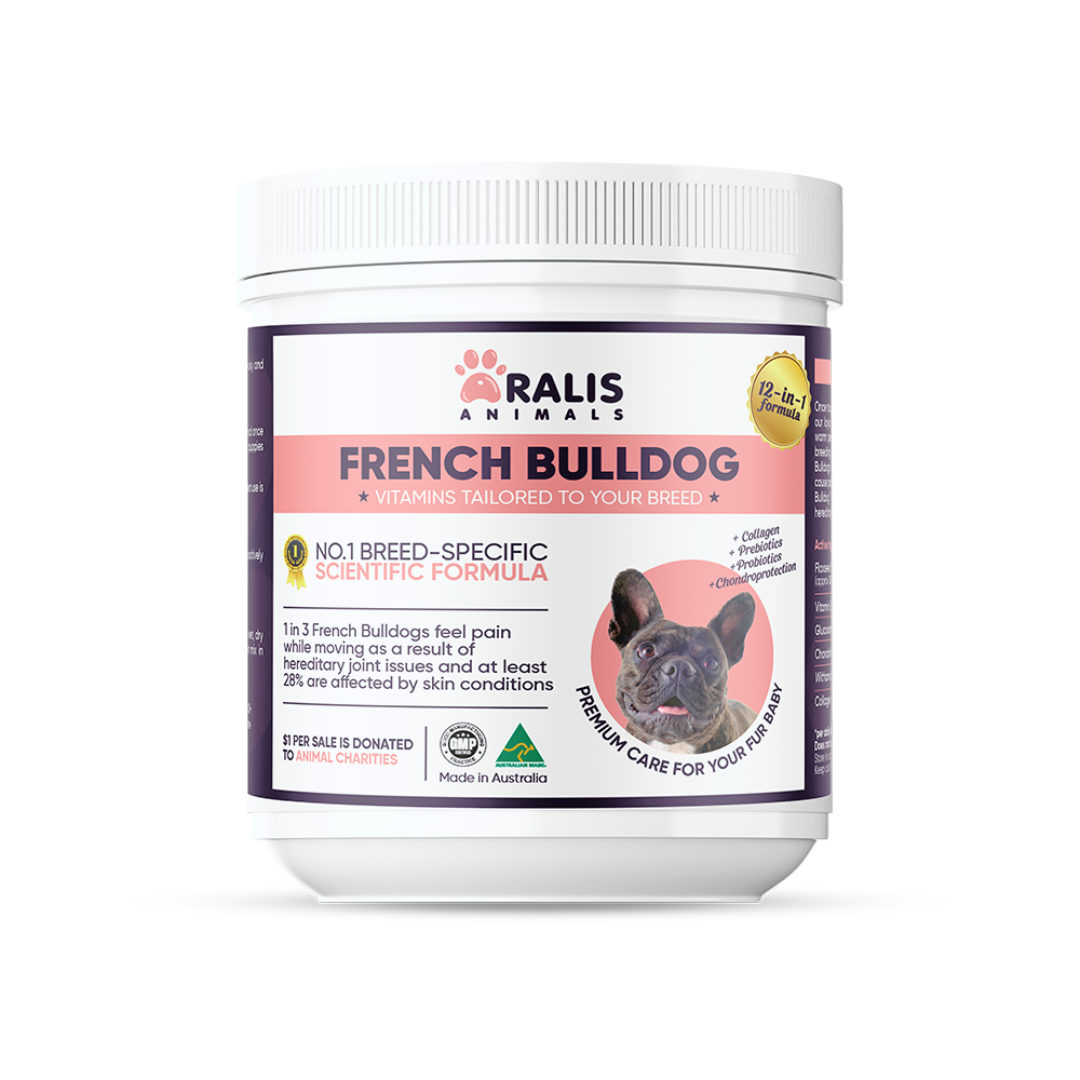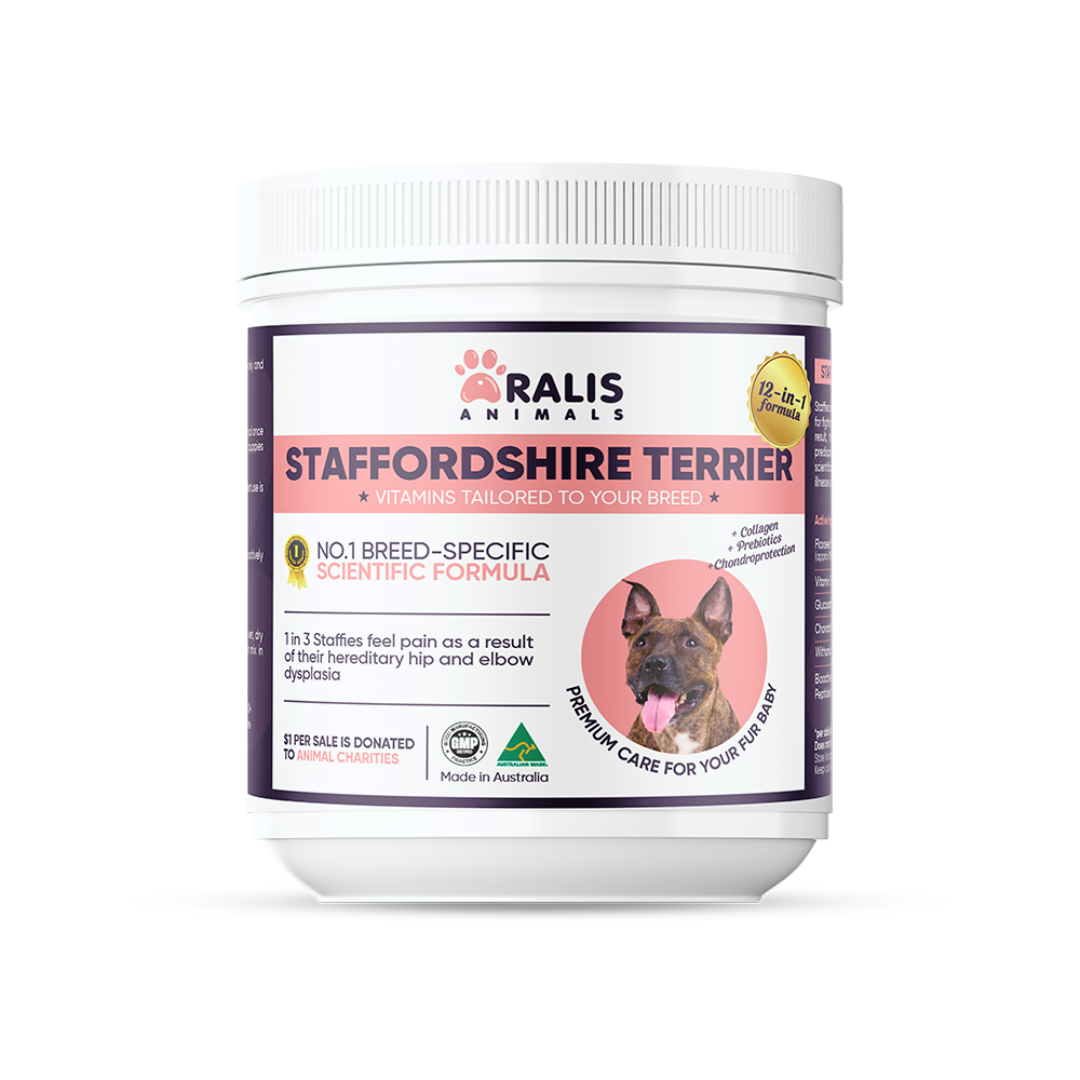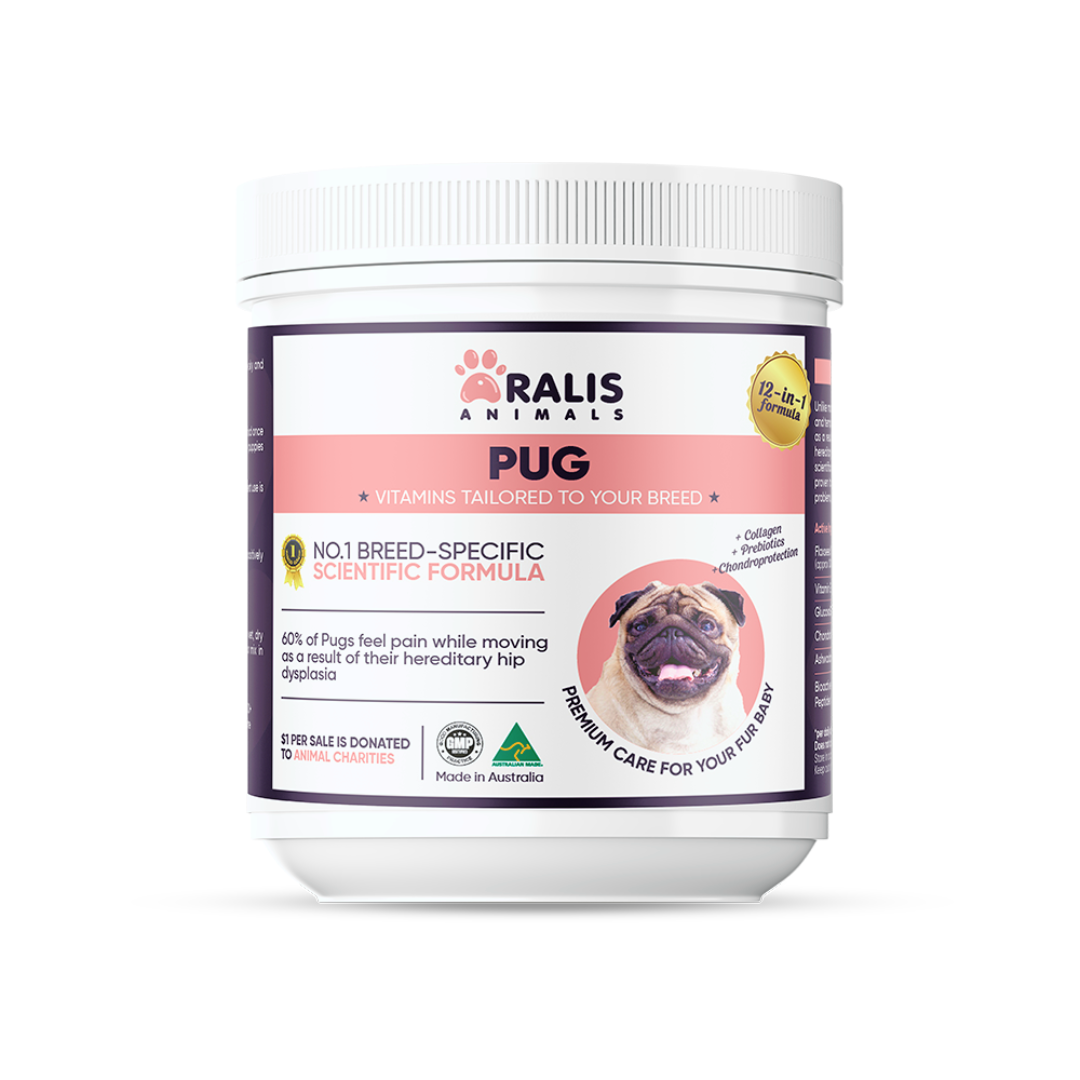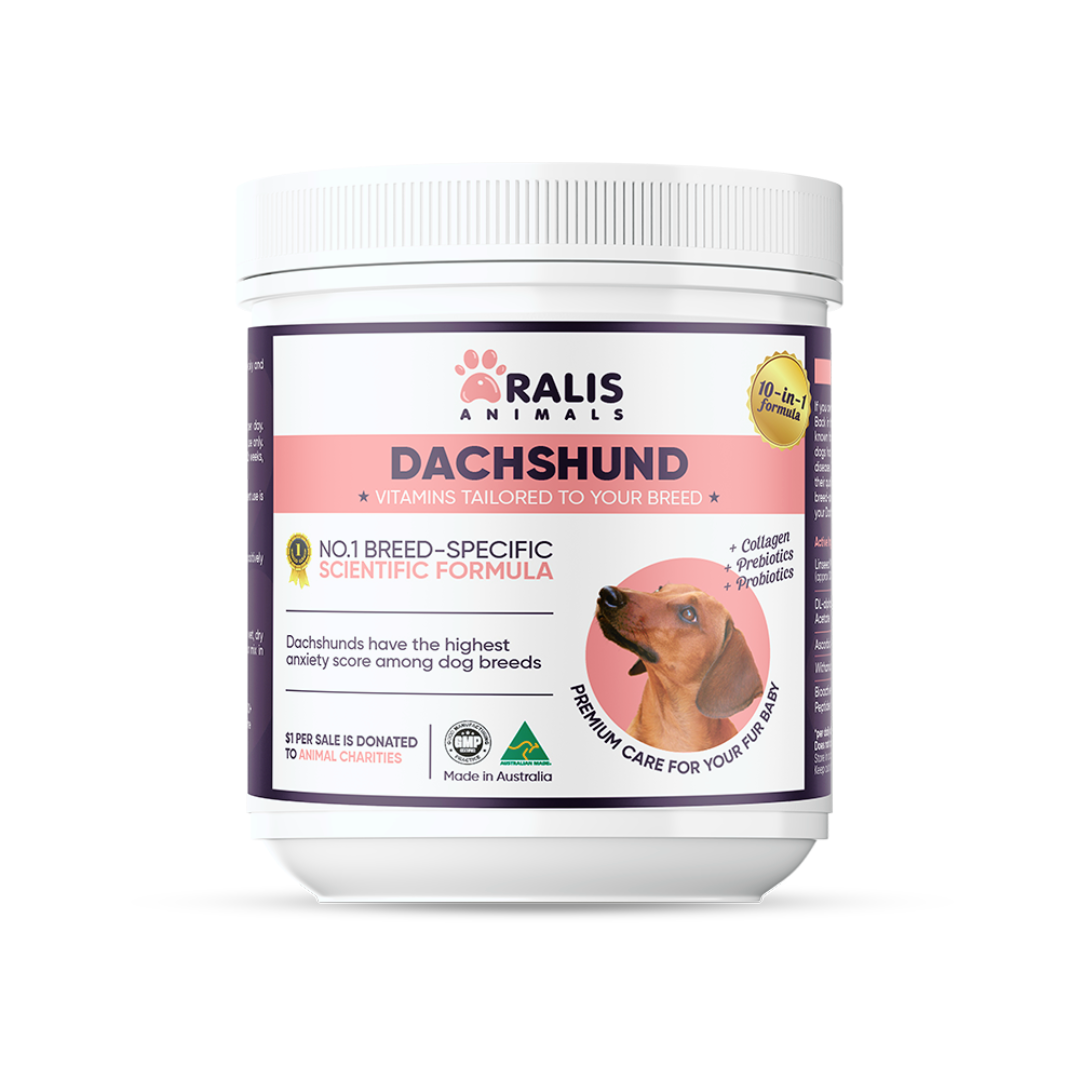Prebiotic Powder vs Tablets: What's Best for Your Dog's Gut Health?

As pet owners, we all want to ensure our furry companions are in the best of health. One crucial aspect of canine well-being is gut health, and prebiotic supplements have emerged as a popular way to support this vital aspect of our dogs' overall wellness. But when it comes to choosing between prebiotic powder and tablets, which option is truly the best for your pup? In this informative blog post, we'll dive into the pros and cons of each format, helping you make an informed decision for your beloved dog.
Understanding Prebiotics for Dogs
Prebiotics are a type of dietary fiber that serve as food for the beneficial bacteria, or probiotics, living in your dog's gut. These non-digestible carbohydrates help nourish and promote the growth of the healthy microbiome, which plays a crucial role in digestion, nutrient absorption, and immune function.
By supporting the gut's delicate balance, prebiotics can offer a wide range of benefits for your canine companion, including:
- Improved digestion and nutrient utilization
- Enhanced immune system function
- Reduced risk of gastrointestinal issues
- Promotion of a healthy skin and coat
- Increased energy levels and overall well-being
Incorporating prebiotic supplements into your dog's diet can be an effective way to support their gut health and overall wellness.
Prebiotic Powder: Pros and Cons
Prebiotic supplements in powder form offer several advantages for pet owners. One of the primary benefits is the ease of administration. Prebiotic powder can be easily mixed into your dog's food, ensuring they receive the desired dose with each meal. This can be particularly helpful for picky eaters or dogs who may be hesitant to take tablets.
Additionally, prebiotic powders are often more readily absorbed by the body, as they can be more easily broken down and utilized by the gut microbiome. This can translate to enhanced effectiveness and faster results in supporting your dog's digestive health.
However, prebiotic powders may also have some potential drawbacks. The loose, granular nature of the powder can make it more challenging to measure precise dosages, especially for smaller dogs. Additionally, some pet owners may find the process of mixing the powder into their dog's food to be less convenient than simply administering a tablet.
Prebiotic Tablets: Pros and Cons
Prebiotic supplements in tablet form offer a different set of advantages. One of the primary benefits of prebiotic tablets is their convenience and portability. Tablets are easy to store, transport, and administer, making them a great option for pet owners on the go or those who prefer a more straightforward supplement routine.
Prebiotic tablets also allow for more precise dosing, as each tablet contains a specific amount of the active ingredient. This can be particularly helpful for owners of smaller dogs or those who need to carefully monitor their pet's supplement intake.
However, the tablet format may also present some potential drawbacks. Depending on the individual dog's preferences and palatability, some pets may be less willing to voluntarily take a tablet compared to a powder mixed into their food. Additionally, the compact nature of tablets may result in a slower absorption rate compared to powders, potentially reducing the overall effectiveness of the supplement.
Powder vs. Tablets: Comparative Analysis
When it comes to choosing between prebiotic powder and tablets, there are several factors to consider:
Digestibility
Prebiotic powders are generally more easily broken down and absorbed by the gut, potentially offering a faster and more efficient delivery of the beneficial compounds. Tablets, on the other hand, may require more time and effort for the body to process and utilize the prebiotic ingredients.
Palatability
The taste and texture of prebiotic powders can be more easily masked by mixing them into your dog's food, making them a potentially more palatable option for some pets. Tablets, however, may be more appealing to dogs who prefer a distinct, separate supplement.
Cost-effectiveness
Prebiotic powders are often more cost-effective per serving, as they can be easily measured and portioned out. Tablets, while convenient, may come with a higher per-unit cost, especially for larger dogs that require higher dosages.
Choosing the Right Supplement for Your Dog
When it comes to selecting the best prebiotic supplement for your dog, there is no one-size-fits-all solution. The choice will ultimately depend on your individual pet's needs, preferences, and your own personal preferences as a pet owner.
It's always a good idea to consult with your veterinarian before introducing any new supplements to your dog's diet. They can provide guidance on the appropriate dosage, frequency, and format based on your pet's specific health status and requirements.
Ultimately, the goal is to find a prebiotic supplement that your dog will readily accept and that will effectively support their gut health and overall well-being. Whether you choose a prebiotic powder or tablets, the most important thing is to prioritize your dog's digestive and overall health.
Not sure which format is best? Explore Aralis Animals breed-specific multivitamins here and find the right fit for your pup with ease.
Conclusion
Maintaining a healthy gut is essential for your dog's overall well-being, and prebiotic supplements can play a crucial role in supporting this vital aspect of their health. By understanding the pros and cons of prebiotic powder and tablets, you can make an informed decision that best suits your dog's needs and your own preferences as a pet owner.
Remember, the key to optimal gut health is a balanced approach that combines a nutritious diet, regular exercise, and targeted supplementation. With the right prebiotic supplement and a little bit of trial and error, you can help your furry friend thrive and enjoy a long, happy, and healthy life.





